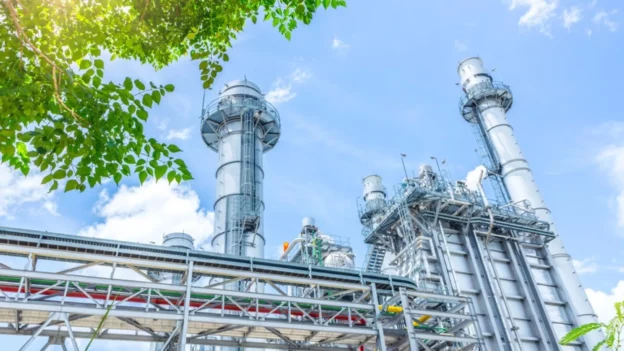The Australian Government has created a strategic plan to expand natural gas exploitation , despite its ambitions to achieve emissions neutrality by 2050 . According to statements by Madeleine King, Australian Minister of Resources, gas will continue to be essential for the country’s energy matrix, and its role will be progressively adapted with improvements in energy efficiency and the strengthening of renewable energy sources.
Australia and its route to zero emissions with gas
Initially, the so-called ‘Future Gas Strategy’ has as its main objective to prevent the possible shortage of this resource in the national territory . This strategy promotes the development of gas projects to guarantee the continuity of exports and keep prices accessible for Australian families and businesses. Part of the strategy also includes increasing maritime areas designated for carbon capture and storage projects to facilitate a safe ecological transition.
King subsequently highlighted the importance of gas in Australia’s energy strategy , mentioning that ensuring adequate supply at fair prices is crucial to achieving an 82% renewable energy grid by 2030 and meeting net zero emissions targets in 2050.
Gas in Australia represents a significant part of the energy market and contributes considerably to national export earnings.
Criticism for environmental impact and exports
On the other hand, there have been several criticisms raised against this plan. The Australian Conservation Foundation has expressed its disagreement on social media, arguing that the strategy unnecessarily extends dependence on gas, which is harmful to the climate. Furthermore, the Australian Institute has pointed out that the Government’s strategy is based on unrealistic promises of carbon capture and storage, criticizing that the majority of the gas produced is destined for export and not for domestic consumption.
It is essential to consider the development of advanced technologies in carbon capture and storage for the gas extension strategy to be viable in the long term . Additional research and investment in these technologies could be key to effectively reducing carbon emissions associated with the exploitation and consumption of natural gas.
Follow us on social networks and don’t miss any of our publications!
Inspenet.com YouTube LinkedIn Facebook Instagram X
Source: elperiodicodelaenergia
Photo: Shutterstock

